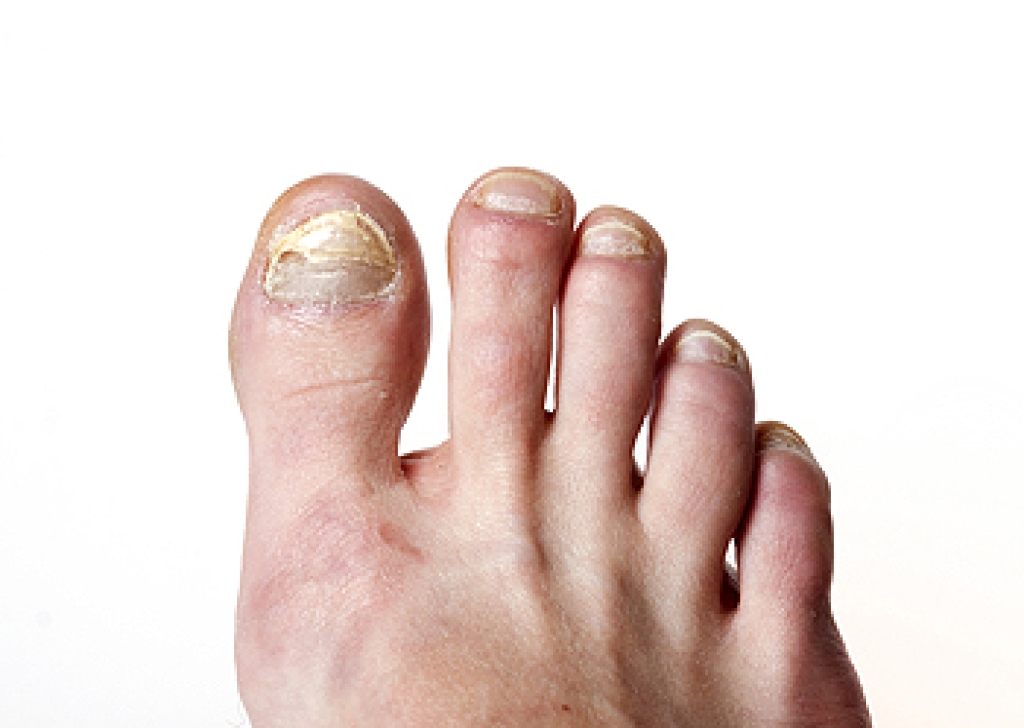
Stress fractures are small cracks in the bones, often caused by repetitive force or overuse, and commonly seen in athletes and active individuals. Factors contributing to foot stress fractures include sudden increases in physical activity, wearing inadequate footwear, and underlying conditions like osteoporosis. Symptoms typically include localized pain in the midfoot area that worsens with activity, swelling, and tenderness when pressure is applied. Patients may also notice bruising or discomfort during weight-bearing activities. A podiatrist can accurately diagnose stress fractures through a physical exam, and imaging tests like X-rays or MRI scans. This type of doctor may recommend orthotic devices or modified activities to promote healing. In some cases, a short period of immobilization may be necessary. Recovery can vary, but generally takes several weeks, with a gradual return to activity once healing is confirmed. If you suspect a stress fracture, it is suggested that you schedule an appointment with a podiatrist for effective diagnosis and treatment.
Activities where too much pressure is put on the feet can cause stress fractures. To learn more, contact one of our podiatrists from Greater Boston Foot Care, PLLC. Our doctors can provide the care you need to keep your pain free and on your feet.
Dealing with Stress Fractures of the Foot and Ankle
Stress fractures occur in the foot and ankle when muscles in these areas weaken from too much or too little use. The feet and ankles then lose support when walking or running from the impact of the ground. Since there is no protection, the bones receive the full impact of each step. Stress on the feet can cause cracks to form in the bones, thus creating stress fractures.
What Are Stress Fractures?
Stress fractures occur frequently in individuals whose daily activities cause great impact on the feet and ankles. Stress factors are most common among:
- Runners
- People affected with Osteoporosis
- Tennis or basketball players
- Gymnasts
- High impact workouts
Symptoms
Pain from the fractures occur in the area of the fractures and can be constant or intermittent. It will often cause sharp or dull pain with swelling and tenderness. Engaging in any kind of activity which involves high impact will aggravate pain.
If you have any questions please contact our office located in Plymouth, MA . We offer the newest diagnostic and treatment technologies for all your foot and ankle needs.




